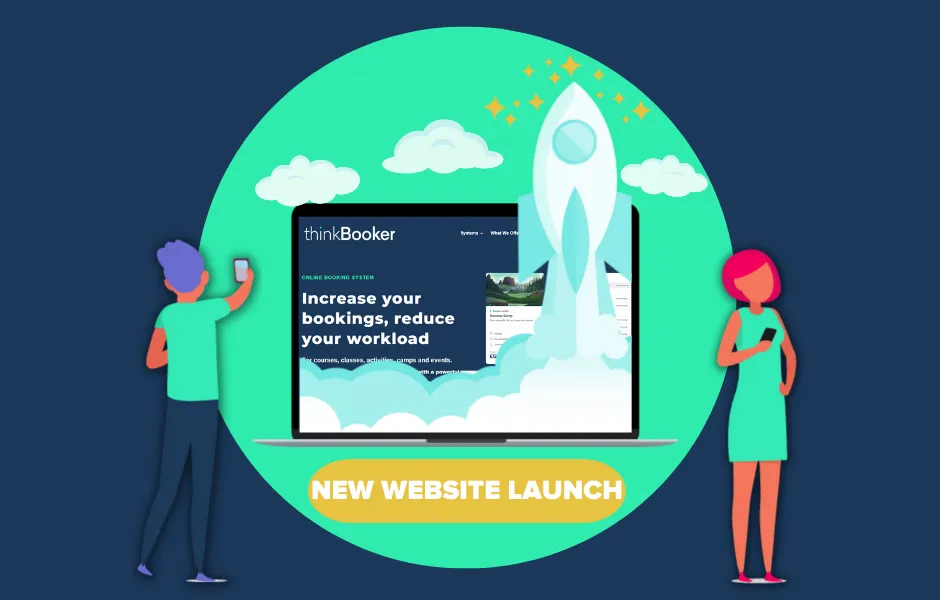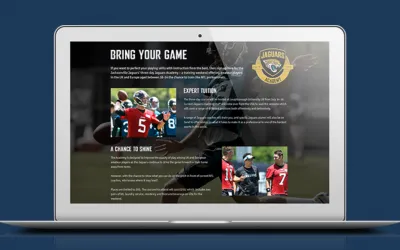A fundamental feature of any successful booking system is its simplicity at the point of use. The ease with which you make it for your customers to find, book and pay for the room, facility, appointment, event or course.
After all, you want your booking system to be used, again and again, to ensure that the booking rates remain high, and you are achieving the maximum returns from your offerings.
This is why we advocate booking systems that keep sales barriers to a minimum. Yes, we know that there has to be some form of qualification process between search and confirmation, some level of information gathering. But you should also be asking if there are stages in the booking journey that are really necessary, or are they a potential hindrance to progress and a chance for customers to bail out and abandon the booking.

Every Unnecessary Stage Can Cost you 10% of Your Sales[i]
Abandonments are part of any sales cycle, especially in an online / e-commerce environment, and keeping the drop out rate as low as possible should be a primary consideration of any booking process you implement.
These days, most online consumers get that some information is required. However, we are all still typically minded to input only that information that’s absolutely necessary.
Yes, you may say, but OUR service requires us to gather a lot of information for our due diligence.
That’s fine.
But ask the question:
Do you need this information before they make the booking? Or can it be collected later, after they’ve made the commitment to you?
Fewer Clicks Leads to More Bookings
Just as unnecessary fields can cause abandoned sales in the booking journey, so too can a process that asks customers to click through page after page.
The goal, don’t forget, is to get the client to the check-out.
If they feel as though they are never going to get there, in many cases, they probably won’t.
Leading travel sites such as Expedia or Booking.com will get you to a point of confirmation or sale within 3 to 4 clicks.
The same is true with thinkBooker; ensuring that customers have a clear understanding of what they are booking, and a swift navigation to confirm that booking.

Pre-Registration Booking Systems Can Be Off-Putting
Imagine that you are on your lunch break and looking to book a place on a sports camp for your son and daughter to join during the school holidays.
You search on your phone, thumbing the screen in hand while putting sandwich to mouth with the other.
You find a site, search for availability and select the camp the looks the best.
You are then asked to either:
- Login
Or
- Register for an account
To register means filling in some personal details, then receiving a confirmation email with a link to verify the account. After which you can then login and make your booking.
Let’s be clear. Having a free account with an organisation is a GOOD thing. It makes life easier in the long run and can breed loyalty.
Registering for an account before you’re allowed to make a booking, however, is annoying.
So annoying, in fact, that it will turn people away.
Wouldn’t it be better to take the booking and use the details captured to automatically set up that value-adding account?
Saving time, cutting the risk of abandonment (again) and demonstrating your commitment to quality user experience from your very first engagement with a new customer. Reducing the sales barriers.
Summary
Whether an additional revenue stream or the life-blood of your business, the number of bookings you take and the way in which you attract customers to use you time and again is vital to growth and success.
Having a streamlined booking system that recognises the fact that none of us like too many barriers in our online activity, gently but swiftly ushering visitors to the checkout, helps create a sense of ease that is generally welcomed by customers, encouraging them to proceed with the booking; removing temptation to quit and look elsewhere. And improving the likelihood that the experience will be sufficient for customers to return in the future.
Find out more by signing up to receive a copy of our white paper: 5 Steps to a Better Booking System, here:
[i] Source: http://blog.leonardo.com/the-3-keys-to-lodging-website-conversion/
At thinkBooker, we specialise in online booking systems for training courses, classes, activities and events – optimised for efficiency, growth and ongoing client satisfaction.
Browse the site to learn more about course booking systems, sports booking systems, event booking systems and more, or get in touch directly to find out how we can help you.
For more tips on boosting conversions via your booking system, have a look through the blogs below:
10 Ways You Can Improve Your Online Booking
3 Reasons Speedy Booking System Earns More Money
4 More Ways Your Booking System Can Increase Conversions



